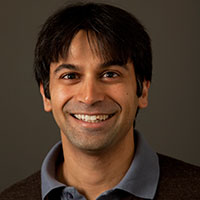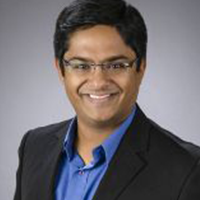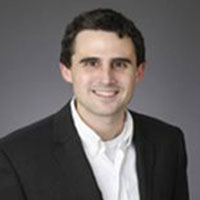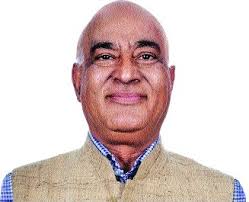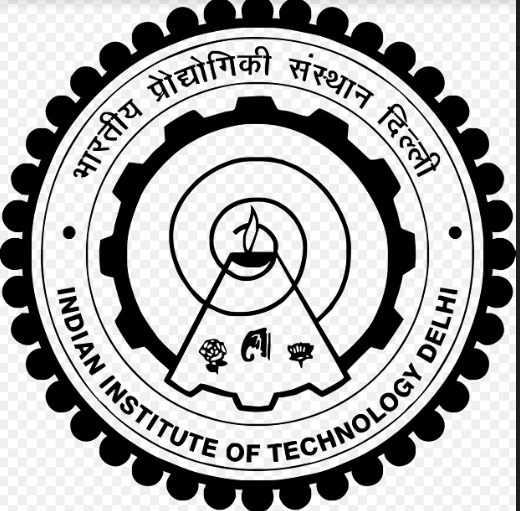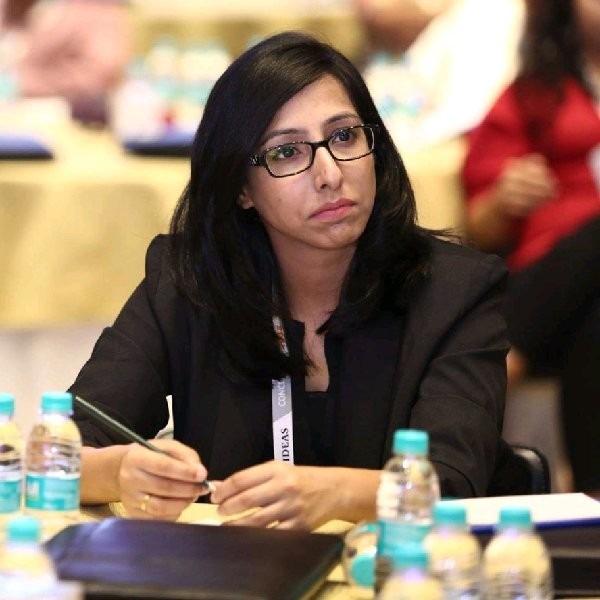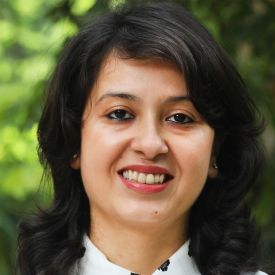Introduction to e-Symposium: Estimation of poverty in India
Estimates of poverty in India put forth in two papers published earlier this year – by Bhalla, Bhasin and Virmani; and Roy and van der Weide – have sparked the “Great Indian Poverty Debate 2.0�...
-
 Maitreesh Ghatak
Maitreesh Ghatak  10 October, 2022
10 October, 2022
- Symposium
The post-pandemic global inequality boomerang
Global inequality has fallen over the last three decades, despite a rise in inequality within some countries. This article uses a World Bank database covering the years 1981-2019 to posit that the dec...
-
 Ravi Kanbur
Ravi Kanbur  Eduardo Ortiz-Juarez
Eduardo Ortiz-Juarez  Andy Sumner
Andy Sumner  04 July, 2022
04 July, 2022
- Articles
Examining Himachal’s urban employment guarantee
Despite proposals by economists on the need for an urban work programme in India, a national-level policy seems some time away from coming to fruition. However, some states have implemented such progr...
-
 Krishna Priya Choragudi
Krishna Priya Choragudi  21 March, 2022
21 March, 2022
- Notes from the Field
Household-level effects of affordable housing: Evidence from Mumbai
Programmes involving sale of subsidised houses to lower-middle class households have been spearheaded in all major Indian cities. This article studies the effects of one such programme implemented thr...
-
 Tanu Kumar
Tanu Kumar  04 September, 2019
04 September, 2019
- Articles
Challenges in decentralised implementation of centrally mandated anti-poverty programmes
Even when the central government is committed to a jobs guarantee, rationing of work opportunities can arise under decentralised implementation in poor places. This article examines India’s efforts ...
-
 Martin Ravallion
Martin Ravallion  09 August, 2019
09 August, 2019
- Articles
Wealth inequality, class, and caste in India: 1961-2012
The level of wealth inequality in India is close to that of some highly unequal countries in the world. This article assesses the long-term evolution of wealth inequality in the country for the period...
-
 Nitin Kumar Bharti
Nitin Kumar Bharti  28 June, 2019
28 June, 2019
- Articles
What do poor people think about direct cash transfers?
Based on a survey conducted over November-December 2018 with 3,800 respondents in rural Bihar, Khemani, Habyarimana, and Nooruddin present descriptive evidence on what the poor citizens of India think...
-
 James Habyarimana
James Habyarimana  Stuti Khemani
Stuti Khemani  Irfan Nooruddin
Irfan Nooruddin  06 June, 2019
06 June, 2019
- Perspectives
NYAY e-symposium: Tool for addressing multidimensional poverty
Ashwini Kulkarni (Director, Pragati Abhiyan) puts forth the view that an unconditional income transfer programme like NYAY can help address multidimensional poverty and enable the most vulnerable amon...
-
 Ashwini Kulkarni
Ashwini Kulkarni  03 May, 2019
03 May, 2019
- Perspectives
NYAY e-Symposium: Prioritise expansion of National Social Assistance Programme
Dr Pronab Sen (Country Director, IGC India) argues that the first priority should be to expand existing social security, which covers the elderly, the handicapped, and widows – given the fact that m...
-
 Pronab Sen
Pronab Sen  03 May, 2019
03 May, 2019
- Perspectives
NYAY e-Symposium: Crucial to look into taxes for financing
Prof. S. Subramanian (National Fellow, Indian Council of Social Science Research) emphasises the importance of dealing directly with the question of enhanced taxation and some estimate of the likely o...
-
 S. Subramanian
S. Subramanian  03 May, 2019
03 May, 2019
- Articles
NYAY e-Symposium: The potential macroeconomic impact of NYAY
Niranjan Rajadhyaksha (Research Director and Senior Fellow at IDFC Institute) contends that the estimated cost of NYAY is substantial and there is ample reason to worry about the fiscal burden of the ...
-
 Niranjan Rajadhyaksha
Niranjan Rajadhyaksha  02 May, 2019
02 May, 2019
- Perspectives
NYAY e-Symposium: Getting targeting right
Karthik Muralidharan (Tata Chancellor's Professor of Economics, University of California, San Diego) recommends targeting the 20% of poorest blocks in the country under NYAY, and making the cash trans...
-
 Karthik Muralidharan
Karthik Muralidharan  02 May, 2019
02 May, 2019
- Perspectives
NYAY e-Symposium: Not long-term solution to poverty but useful ‘first-aid’
Maitreesh Ghatak (Professor of Economics, London School of Economics) contends that a cash transfer, as envisaged by NYAY, will provide some relief and a safety net to the poor living on the margins o...
-
 Maitreesh Ghatak
Maitreesh Ghatak  02 May, 2019
02 May, 2019
- Perspectives
Introduction to e-Symposium: Decoding Congress’ NYAY
A major announcement in the Congress manifesto, in the ongoing parliamentary election, is the minimum income guarantee proposal – Nyuntam Aay Yojana (NYAY). In this symposium, Bharat Ramaswami (Asho...
-
 Ashok Kotwal
Ashok Kotwal  01 May, 2019
01 May, 2019
- Symposium
NYAY e-Symposium: Four concerns around cash transfer policies
Bharat Ramswami (Professor of Economics, Ashoka University) discusses four sets of caveats in implementing NYAY as an add-on cash transfer. He contends that the emergence of cash transfers as a sustai...
-
 Bharat Ramaswami
Bharat Ramaswami  01 May, 2019
01 May, 2019
- Perspectives
Twitter feed
Tweets by Ideas4IndiaMost Popular Poverty & Inequality Posts
Wealth inequality, class, and caste in India: 1961-2012
The level of wealth inequality in India is close to that of some highly unequal countries in the world. This article assesses the long-term evolution of wealth inequality in the country for the period...
 Nitin Kumar Bharti
Nitin Kumar Bharti  28 June, 2019
28 June, 2019
- Articles
Covid-19: What can be done immediately to help vulnerable population
With over 80% of India’s workforce employed in the informal sector and one-third working as casual labour, Covid-19's spread and subsequent unplanned lockdowns, have created economic havoc in the li...
 Reetika Khera
Reetika Khera  25 March, 2020
25 March, 2020
- Perspectives
EWS reservation in higher education: Affirmative action or vote bank politics?
The Constitution (103rd Amendment) Act, 2019, provides for 10% reservation for the economically weaker sections (EWS) in higher educational institutions within the general category. In this post, Devi...
 Devika Malhotra Sharma
Devika Malhotra Sharma  11 September, 2019
11 September, 2019
- Perspectives





 15 October, 2022
15 October, 2022